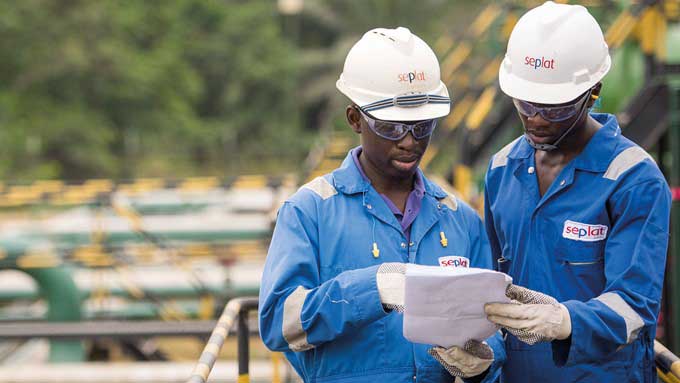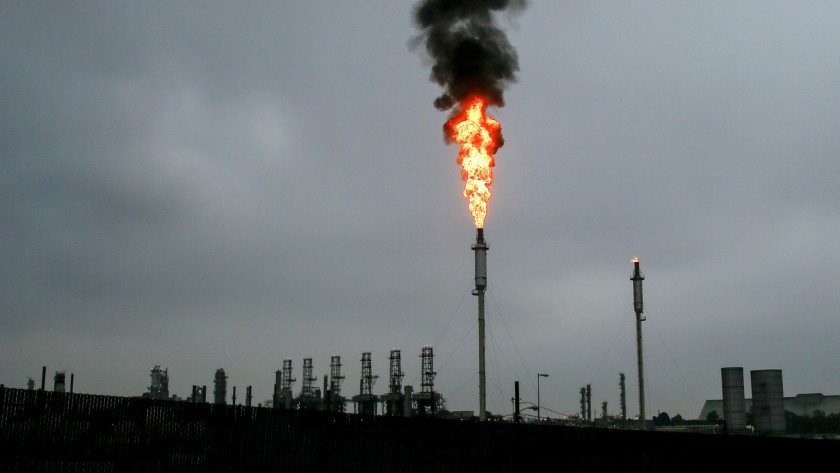The Minister of Finance, Budget and National Planning, Zainab Ahmed, has said the resurgence of COVID-19 in Europe, which has caused oil prices to decline in the international market, may affect the 2021 budget estimate.
The 2021 budget is predicated on $40 per barrel but the current price in the market stands at $37.
Ahmed made the statement on Thursday when she appeared before the Senate Committee on Finance to defend her ministry’s budget.
The chairman of the panel, Senator Adeola Olamilekan (APC, Lagos) had asked the minister about the contingency plans the federal government has put in place to insulate the budget from the shocks of falling oil price.
“The actual projection was $40 per barrel and that is the average price that we projected for the year. Some of the institutions that are responsible for tracking the price of crude oil, actually have crude oil prices going as far as $50, $52 per barrel.
“We took the safer path. It seems the second wave of COVID-19 in Europe is affecting us. We are hoping to have clarity as to which direction to take in the next week or two,” she stated.
The minister, however, dismissed insinuations that the federal government may increase Value Added Tax (VAT) again by 2.5% in 2021.
“As for the finance bill, we have the draft. There will be no increase in VAT or any form of taxes because we see 2021 as a year of recovery.”
When they appeared to defend their budgets, almost all the heads of the agencies under the committee’s supervision lamented that their budgetary allocations were too meagre to meet their obligations.
The Accountant General of the Federation, Ahmed Idris, said his agency has 37 offices in dire need of rehabilitation. But the finance minister said the budget office could not go beyond available resources.
“Everybody is claiming scarce resources, but we can’t go beyond what is available,” the minister said.
The Director General, Budget Office, Ben Akabueze, said until the federal government gets more revenue, no agency of government would get enough allocation.
Source: Daily Trust




